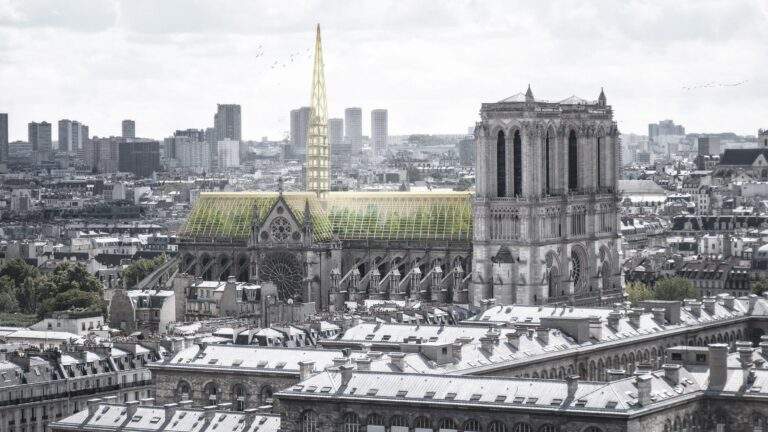
Introduction
Architecture is more than just structures; it is a reflection of human creativity, innovation, and the aspirations of a society. Great architecture goes beyond functionality, blending art and science to create awe-inspiring designs that stand the test of time. This article takes you on a journey to explore architectural marvels, showcasing the genius behind iconic designs, sustainable practices, and cultural influences.
Iconic Designs
Architectural marvels have shaped skylines and become symbols of cities. From the breathtaking elegance of the Eiffel Tower in Paris to the towering height of the Burj Khalifa in Dubai, these structures leave visitors in awe and admiration. Sophisticated design concepts, attention to detail, and a deep understanding of engineering principles come together to create these iconic landmarks.

Another remarkable example is the Sydney Opera House in Australia. Designed by Danish architect Jørn Utzon, its visionary design with shell-like structures has become an architectural icon. These structures, often inspired by nature or cultural references, transform cities into open-air museums, capturing the imagination of both locals and tourists.

Sustainable Practices
Modern architecture embraces sustainable practices, aiming to create structures that minimize environmental impact and support the well-being of communities. Green buildings, such as the BedZED eco-village in London or the vertical gardens of the Bosco Verticale in Milan, demonstrate architects’ commitment to sustainable design.

Integration of renewable energy sources, efficient insulation, and usage of environmentally friendly materials are hallmarks of sustainable architecture. It not only reduces the carbon footprint but also creates healthier living environments in harmony with nature. Architects today are pioneers in designing structures that adapt and respond to their surroundings while prioritizing sustainability.
Cultural Influences
Architecture is deeply influenced by the culture, history, and traditions of a region. From the majestic temples of Angkor Wat in Cambodia to the intricate Islamic architecture of the Alhambra in Spain, cultural influences shape the design language of these architectural marvels.

Architects often draw inspiration from local traditions, incorporating elements that resonate with the local community. Whether it is the pagodas of Myanmar, the European Gothic cathedrals, or the minimalistic Zen gardens of Japan, cultural references tell stories of a region’s past and contribute to its identity.

Conclusion
Architectural marvels are a testament to human creativity, innovation, and our ability to shape the world around us. By exploring and appreciating these iconic designs, sustainable practices, and cultural influences, we gain a deeper understanding of the genius behind them. Whether visiting them in person or appreciating their grandeur through images, these architectural marvels captivate our imagination and leave an everlasting impact on our lives.






